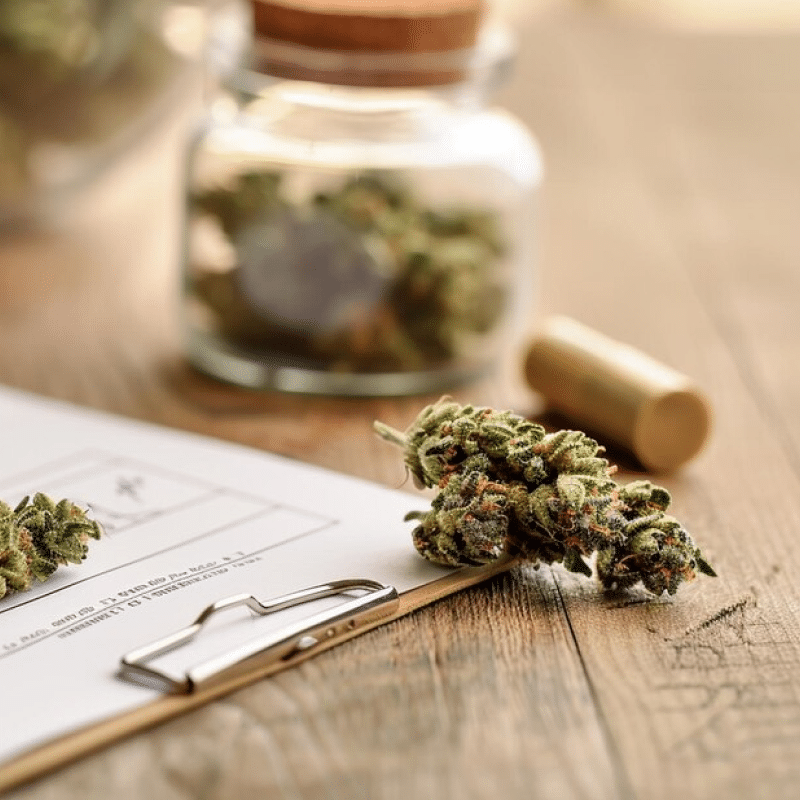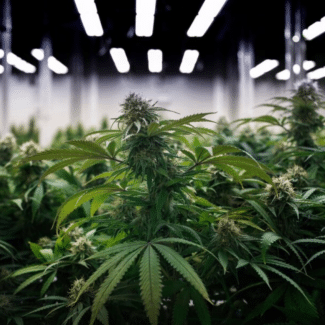Top Mistakes to Avoid When Applying for a Cannabis License
Obtaining a cannabis license is a complex process that involves navigating legal, financial, and community challenges. Understanding common mistakes made by applicants—such as incomplete documentation, underestimating regulatory demands, and neglecting community engagement—can significantly improve the chances of a successful application. This article outlines critical pitfalls to avoid and provides actionable tips to enhance your application strategy.

Article Summary
- Mistake #1: Incomplete or Inaccurate Documentation
- How to Avoid Common Errors:
- Mistake #2: Underestimating Regulatory Requirements
- Mistake #3: Poor Financial Planning
- Mistake #4: Ignoring Community Engagement
- Mistake #5: Failing to Seek Professional Help
- Final Tips for a Successful Application:
- Conclusion
In almost all circumstances, one of the critical steps when forming a cannabis business is getting a license. Licensing can be such an earnest and really complex process that it is hard to manage all the legal issues, finances, and community aspects. It is possible that a poor navigation of these challenges may result in delays or outright rejections of an application. In this article, it shall make sense how the most recurrent mistakes are committed by candidates and such can be avoided.
Mistake #1: Incomplete or Inaccurate Documentation
Incomplete or incorrect documentation is one of the most common causes of license applications for cannabis. Testing both eligibility and readiness, regulatory bodies require heavy documentation. This varies from business plans and financial statements to proof of compliance with zoning laws.
How to Avoid Common Errors:
- Documentation: Check all the documents for their veracity before submitting the application. All the fields should be properly filled in, with consistent information throughout all the documents.
- Organize Thoroughly: Keep a list of all the documents you need and go through them in accordance with application guidelines so that you may not leave anything out.
- Seek Professional Review: It is always wise to engage the service of a lawyer in order to ensure that there are no hitches that might frustrate your documents from being submitted.
Mistake #2: Underestimating Regulatory Requirements
The cannabis industry is very controlled, and these controls can be extremely disparate from locale to locale. Many applicants do not fully appreciate the rigors of those regulations and therefore there is always some level of compromise that blows up one’s application.
Understanding Local and State Regulations:
- Research Thoroughly: Study local and state regulations to determine exactly what the requirements are in your area regarding zoning laws, security measures, and operational guidelines.
- Stay Current: Cannabis regulations are changing at every turn. Stay up to date with changes in regulations that can impact your application.
- Expert Participation: To ensure that your firm complies with all set regulatory rules, you ought to engage in the consulting by any of the many regulatory consultants in cannabis.
Mistake #3: Poor Financial Planning
Demonstrating financial stability is part of a successful application for a license to operate. Many applicants have not put forward a decent financial plan that would raise concerns about the sustainability of the business.
Tips for Creating a Strong Financial Plan:
- Detailed Projections: Financial projections include detailed estimates of start-up costs, operating expenses, and revenue forecasts. Be realistic in the assumptions and look at a number of scenarios.
- Sources of Capital/Funds: Ensure to clearly indicate your sources of funds through personal savings, loans, or investors. Indeed, you should be able to prove that such funds are sufficient enough to cover every operational cost.
- Financial Controls: Highlight here the financial controls and procedures you will make use of in maintaining your finances and long-term operations.
Mistake #4: Ignoring Community Engagement
The support at the community level might prove a great determinant in the licensing process, especially where the opinion of the general public influences decisions to a great extent. Disregarding this element gives birth to opposition and sometimes rejection of your application.
How to Build Positive Relationships with Local Communities:
- Engage Early: Immediately upon a decision to file license applications, start the community engagement. This means community meeting attendance, introduction of one’s self to the local leadership, and listening.
- Be Transparent: Publish your plans to the community in terms of business. Transparency helps to gain confidence and will reduce the chances of opposition.
- Contribute positively: Evidence of corporate social responsibility to the community by participating in the local scheme or supporting community projects. It could be a good illustration of how your business may add value into the area.
Mistake #5: Failing to Seek Professional Help
Mistake #5: Failing to Seek Professional Help
One major mistake many make in trying to get a license for cannabis is trying to do it themselves, which is very complicated. The decision not to seek professional help may result in overlooking the important details or misunderstanding requirements-one that could be costly when trying to fix them later.
Common Areas Where Businesses Need Assistance:
- Legal Compliance: Cannabis regulations are intricate, exhaustive, and particular to a jurisdiction. The input of a legal professional will contribute to offering the necessary assurance that your application is in compliance with all legal requirements.
- Financial Planning: An accomplished bookkeeper or monetary expert in the marijuana business will actually be able to assist you with a decent monetary arrangement and deal with the monetary piece of your business.
- Regulatory Consulting: Cannabis regulations consultants will facilitate the application process and help with compliance issues related to local and state laws.
Final Tips for a Successful Application:
- Keep Informed: Constantly be updated with the latest regulations and industry trends.
- Be Prepared: Anticipate potential problems and be prepared with one or more contingencies.
- Seek support: Engage professionals who can guide you through the procedure without delay.
With the right methodology and cautious planning, you ought to have the option to effectively explore the weed authorizing cycle and position your business for long-haul achievement.
Conclusion
A license for cannabis is seen as a significant accomplishment that necessitates careful planning and attention to the smallest of details. You will be paving your way to success by avoiding the most frequent pitfalls: incomplete documentation, underestimating regulatory requirements, poor financial planning, ignorance of community concerns, and lack of professional advice.




